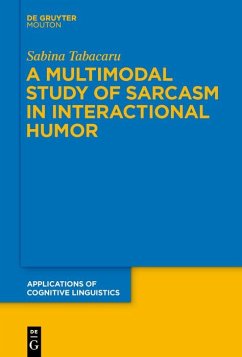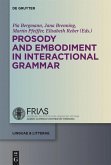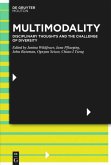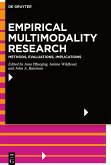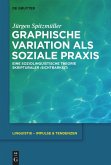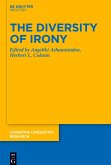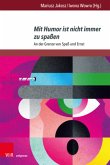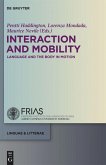The corpus-based approach to humor offers innovative and more than plausible objectives, supported by sound arguments, which underline the need to analyze humor both verbally and non-verbally.
The cognitive linguistic account of humor sets to analyze a corpus of humorous meanings in interaction and to present the elements that help to create the humorous effects: common ground, intersubjectivity, facial expressions, speakers' attitude, etc. The large corpus of examples annotated in ELAN offers a much-needed multimodal perspective of humor, which encompasses all the different techniques used by speakers.
The present analysis offers inspiring insight for future research, in different fields of study: multimodality, humor, and psycholinguistics. The study reveals the need of analyzing both verbal and non-verbal elements in discourse in general and humor in particular as co-speech gestures are essential for the understanding of the message as intended by the speakers.
The cognitive linguistic account of humor sets to analyze a corpus of humorous meanings in interaction and to present the elements that help to create the humorous effects: common ground, intersubjectivity, facial expressions, speakers' attitude, etc. The large corpus of examples annotated in ELAN offers a much-needed multimodal perspective of humor, which encompasses all the different techniques used by speakers.
The present analysis offers inspiring insight for future research, in different fields of study: multimodality, humor, and psycholinguistics. The study reveals the need of analyzing both verbal and non-verbal elements in discourse in general and humor in particular as co-speech gestures are essential for the understanding of the message as intended by the speakers.

